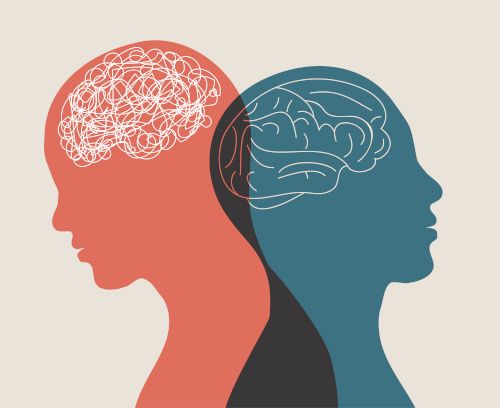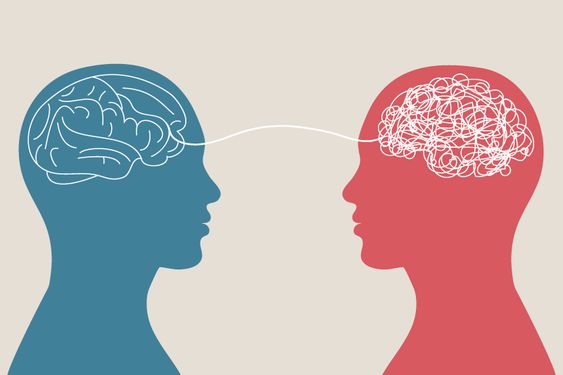Initiatives to improve mental health and make mental health help freely accessible are centred on technology in the area of mental health. This study provides a brief overview of the state of mental wellness tech today, highlighting the key developments and trends that are altering the industry.
Online treatment and counselling
Teletherapy platforms as well as online counselling services are increasing access to mental health treatment via the use of text- and video-based sessions.
Uses in relation to mental health:
In addition to methods for managing mental health concerns like mood monitoring, meditation, even relaxation techniques, there are a plethora of smartphone apps available for managing anxiety, stress, and depression.

AI-powered mental health technologies: Chatbots for virtual therapists and predictive analytic tools are examples of artificial intelligence’s use in the identification and management of mental health issues.
using smartwatches and the internet for monitoring
Wearable technologies and smartphone apps make it simpler to track mental health markers such as sleep patterns, stress levels, and mood swings.
Digital Mental State Evaluation: Self-screening apps and online mental health exams assist consumers in identifying potential mental health problems.The growth of telepsychiatry services has made it possible for patients to consult with behavioural experts remotely. Medication management programs allow users to keep an eye on and handle their medications.
Psychology at Work: ** **7. As workers realize the importance of mental health in the workplace, employers are implementing wellness programs or digital tools to support them.
Accessibility and Broadcasting
People from many cultural backgrounds, including those with disabilities and language barriers, are being consulted to ensure that psychological health technology is user-friendly.
Data Protection and Privacy: Protecting the privacy and safety of individually identifiable mental illness data is a top concern, and measures such as encryption and regulation compliance processes have been implemented to that end.
Collaborating with medical specialists
Treatment continuity is being improved by the integration of mental health technology with traditional healthcare providers and procedures.
Mental health technology makes it feasible to reduce stigma and increase access to psychiatric help. Leading innovations in the subject include teletherapy, apps for mental health, AI-powered solutions, and workplace wellness programs. It is essential for mental health professionals, those in need of assistance, and organizations that support mental wellbeing to keep current on these developments.
